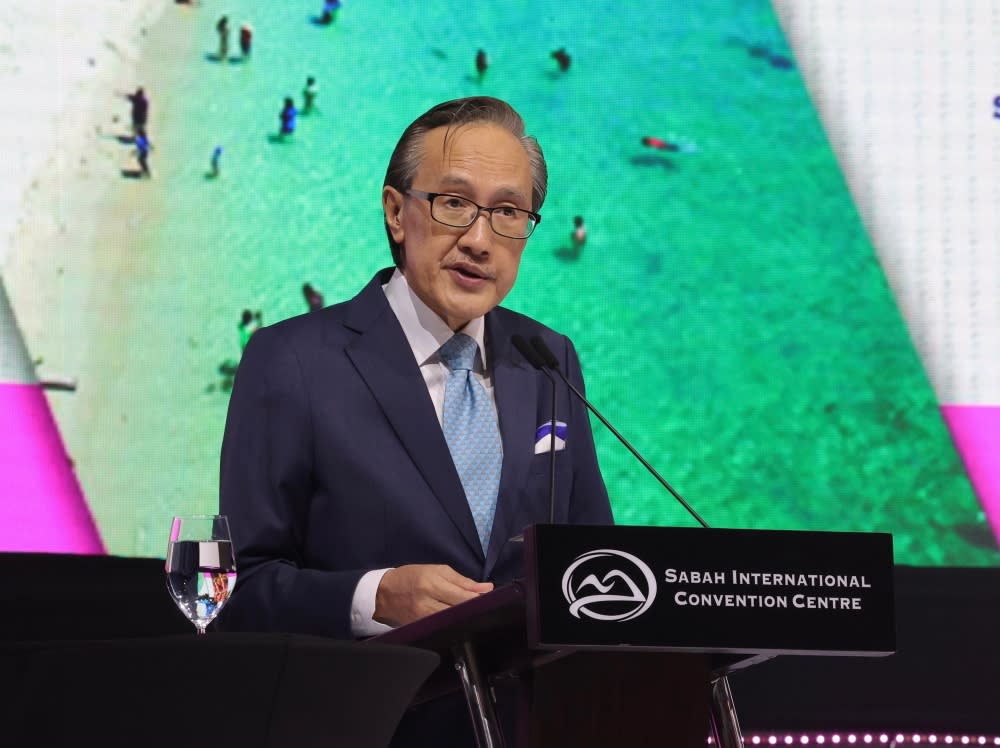Expert panel to monitor non-performing Sabah GLCs from May 2024, says state minister

KOTA KINABALU, April 24 — A special expert panel to manage and monitor the many non-performing government-linked agencies (GLCs) will begin work next month, said state Finance Minister Datuk Seri Masidi Manjun.
The panel was among the measures taken by the state to address the problem of a majority of GLCs in Sabah haemorrhaging funds without turning a profit.
The consultation and monitoring panel will be jointly chaired by the state Finance Ministry’s secretary-general Siaw Kok Chee, a former regional director at RHB who also serves as the Sabah chief minister’s financial adviser.
“The rest of the panel members are three individuals from the state government and three individuals from the private sector,” he said during his winding-up speech at the State Assembly today.
It was previously reported that about 90 per cent of over 200 Sabah GLCs were non-profitable.
Masidi said that the panel will provide advice and guidance, review and evaluate the KPIs of each troubled GLC, and make recommendations and suggestions, such as terminating company operations and restructuring.
Aside from that, the state Cabinet has also ordered that any trips out of state undertaken by the board of directors of the GLCs, and any investment proposals go through the state Cabinet for approval first.
“This is to ensure that all travel is justified, and any investment made is truly verified and worth pursuing,” he said.
Tungku assemblyman Assaffal Alian had earlier proposed that the top management of such GLCs be sacked to prevent the wastage of funds from continuing.
Masidi then said that action had been taken against some individuals but declined to name the GLCs or figures involved.
“Believe me, we have acted against such individuals but didn’t publicise it to avoid embarrassing those involved. In worse-case scenarios, we have reported some to authorities for investigations that are ongoing. We are trying to preserve the self-worth of the individuals and to ensure the state government’s efforts do not go to waste,” he said.
Earlier, Masidi said that the state government collected dividends from 17 out of 43 companies which it has shares in. The remaining 170 companies are subsidiaries of state government companies in which it does not have direct shares.



